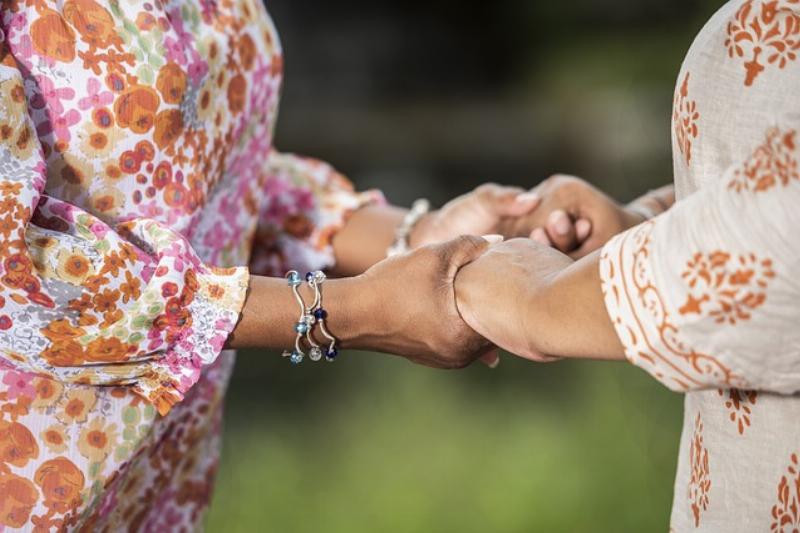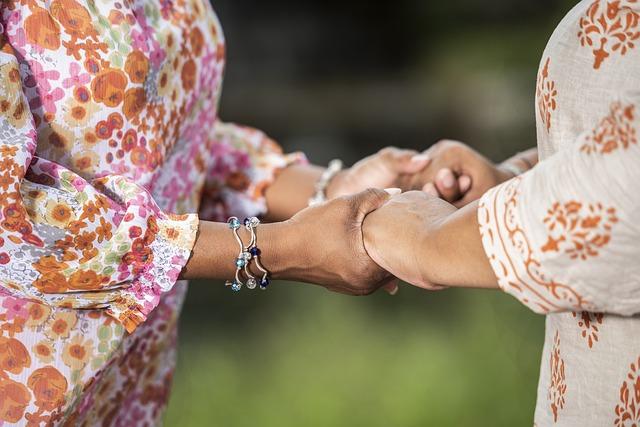


Tyrannical regimes hate Christianity and the faithful who pray. Secular autocrats loathe prayer because it acknowledges a Being greater than any human authority. Since despots believe themselves to be autonomous and their power unlimited, any rival to their sovereignty becomes a target.
Scarcely anyone expressed contempt for the spiritual discipline of prayer more forcefully than Joseph Stalin, the former dictator of the Soviet Union. As the N.Y. Times reported in 1957, “it is related that Stalin, when advised of the Vatican’s attitude on European problems, inquired with a sneer, ‘And how many divisions does the pope have?’”
Author C. L. Sulzberger went on to add that such skepticism about the spiritual power of Christianity was nothing new. In the thirteenth century, the pope sent a delegation to Baichu, viceroy over Asia Minor, which was ruled by the Mongol Khans. The pope’s emissary, the Dominican Father Ezzelino, announced to the Mongols, “I am the legate of the pope, who is placed high above all the kings and princes of the world and who is honored by them as their lord and father.”
The Mongols laughed, asking Father Ezzelino how many territories the pope had conquered? “How many peoples had he subdued? Was his name dreaded between the eastern and western oceans like that of the great Genghis?”
Modern secular pundits and officials continue to sneer at the prayers of the faithful.
In the wake of the murder of the innocents at the Church of the Annunciation in Minneapolis, Minnesota, media types such as Jen Psaki and politicians such as Gavin Newsom have displayed open contempt for the prayers offered on behalf of the dead, the wounded. and their families. They have declared that prayers are pointless and that action such as increased gun control would be a better response.
The current anti-prayer mantra is in line with the contempt displayed by the left for centuries, particularly since the so-called Enlightenment and the French Revolution. The long line of cynics, be they eighteenth-century deist Voltaire or twentieth-century atheist philosophers Jean-Paul Sartre and Simone de Beauvoir, includes Madelyn Murray O’Hair, who succeeded in eliminating prayer in public schools.
O’Hair’s and other activists’ campaigns against prayer and display of the Ten Commandments, combined with the attempted erasure of Christianity’s influence in the West, have produced a wasteland of secularist neo-Marxist ideology characterized by utter confusion, rootlessness, and ceaseless violence. As Dorothy Sayers, writing in 1955 only ten years after WWII and the exposure of the Holocaust, noted in the introduction to her translation of Dante’s Purgatorio, “We are now aware, as formerly we were not, of the situation which results when secular power is emancipated from all religious sanctions.”
As Hebrew writers record in the Second Book of Kings, a disdainful Assyrian commander challenged the prayerful and God-fearing Jews of Jerusalem. He declared that his troops would lay siege to the city, and that it would not be long before the inhabitants ate their own excrement and drank their own urine. He reminded them of all the cities and territories that had surrendered to the might of Sennacherib’s armies. But King Hezekiah, who at first futilely had tried appeasement, prayed. His prayers were answered. God sent an angel of death, and 185,000 Assyrian soldiers perished. It turned out that the hosts of Jehovah had more divisions than the Assyrian armies.
Secularists dismiss such ancient records as myths. It is not a surprise that when in modern times sudden collapses of tyrannical regimes occur, secularists dismiss supernatural intervention. Nonetheless, the twentieth century has seen the overnight collapse of atheistic communist regimes in response to the outcries of the prayerful devout and the unbending faith of Christian leaders. Pope John Paul II and union leader Lech Walesa, backed by the prayerful support of millions of Christians, rescued Poland from the grip of communism.
Shortly after the fall of the Soviet-backed regime in Poland, the Soviet Union collapsed. In the years that followed, the Russian Orthodox Church, which had suffered unimaginable persecution under Vladimir Lenin, Joseph Stalin, and party apparatchiks, miraculously revived. Seventy-one percent of Russia’s population is now Orthodox.
Author Fyodor Dostoevsky saw the rise of anarchism in tsarist Russia. His novel Demons (also translated as The Possessed) outlined the devilish rationale behind the ideology. He further outlined the attacks on the pillars of Russian society in his novel The Brothers Karamazov. Father Zosima, a priest, has a conversation in which he rejects the premises of atheist Ivan Karamazov by putting forth the monastic ideals and practices of prayer and thoughtful meditation:
Fathers and teachers, what is the monk? In the cultivated world the word is nowadays pronounced by some people with a jeer, and by others it is used as a term of abuse, and this contempt for the monk is growing.
It is true, alas, it is true, that there are many sluggards, gluttons, profligates, and insolent beggars among monks. Educated people point to these: “You are idlers, useless members of society, you live on the labor of others, you are shameless beggars.”
And yet how many meek and humble monks there are, yearning for solitude and fervent prayer in peace! These are less noticed, or passed over in silence. And how surprised men would be if I were to say that from these meek monks, who yearn for solitary prayer, the salvation of Russia will come perhaps once more! For they are in truth made ready in peace and quiet “for the day and the hour, the month and the year.”
Father Zosima noted that the scientific elite of the day despised Christianity:
The spiritual world, the higher part of man’s being is rejected altogether, dismissed with a sort of triumph, even with hatred. The world has proclaimed the reign of freedom, especially of late, but what do we see in this freedom of theirs? Nothing but slavery and self-destruction! ... The monastic way is very different. Obedience, fasting, and prayer are laughed at, yet only through them lies the way to real, true freedom.
In the West, the freakishness and outright insanity characterizing the left have come to the forefront and still appear to dominate the culture. Tragically, some Christian churches have absorbed the left’s contempt for prayer and other spiritual disciplines, preferring the activism promoted by the left.
Perhaps the murder and wounding of innocent children at prayer will inspire a return to the Christian discipline of prayer, not a rejection of it. Perhaps an acknowledgment of and prayers against the evil forces behind the killings will cause the nation and the world to realize the Christian ideals promoted by the fictitious Father Zosima and practiced every day by countless millions of real Christians are indicators of sanity, not pointless and ineffective rituals.
Prayerful acknowledgment of our utter dependence on the grace and mercy of our creator God would be a good beginning to a spiritual revival, the power of which could change the nation and the entire world order.
Prayers has changed entire power structures in the past. It can and will continue to effect changes in the present and future.
Fay Voshell may be reached at fvoshell@yahoo.com.

Image via Pixabay.
